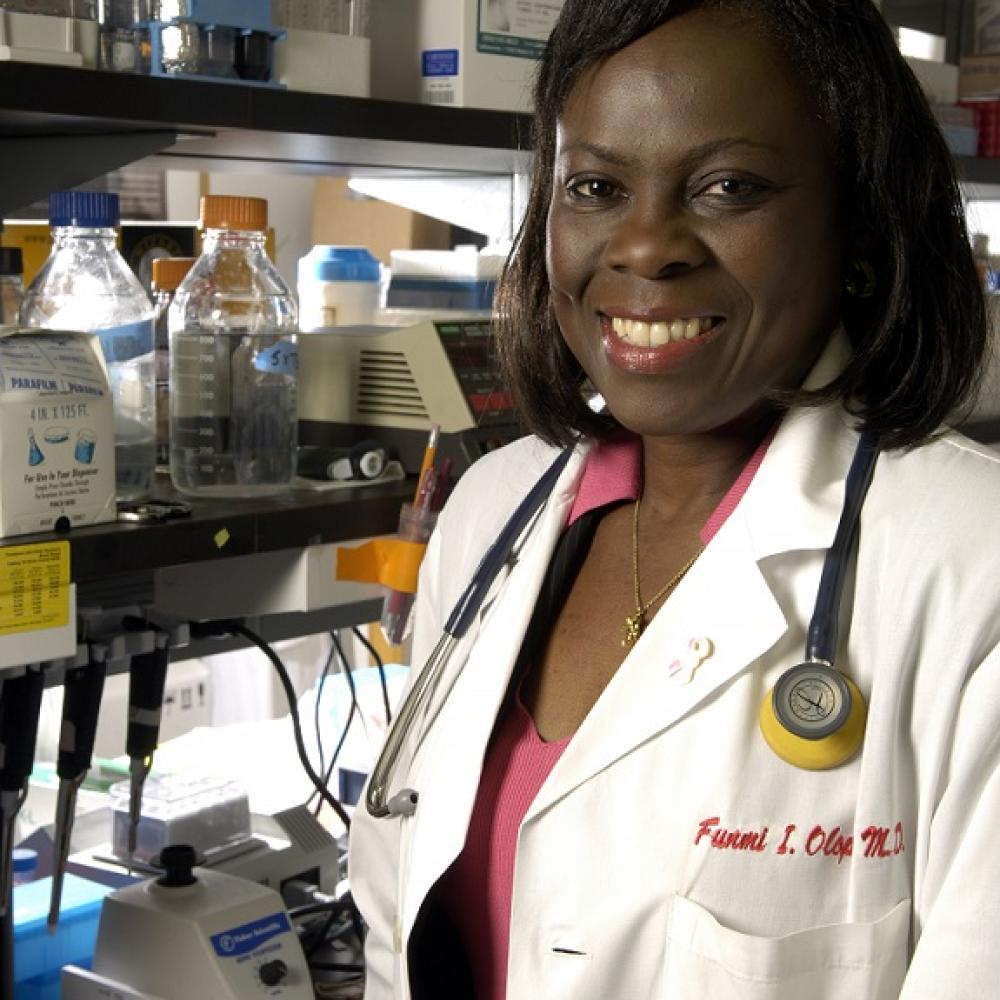These researchers have dedicated their careers to finding new treatments and cures for people with cancer.

At that time, Dr. Olopade was a fourth-year fellow at the University of Chicago, initially specializing in hematology. However, due to the rapid emergence of genetic research, she shifted her focus to solid tumors. Guided by mentors who encouraged her to delve into various cancer mutations, Dr. Olopade utilized her YIA to investigate chromosome 9 in lung cancer and to map both the P16 gene and the interferon genes.
Today, Dr. Olopade holds the position of director at the Center for Clinical Cancer Genetics and Global Health at the University of Chicago. She is also recognized as the Walter L. Palmer Distinguished Service Professor of Medicine and Human Genetics. Throughout her career, she has been dedicated to advancing preventive oncology and addressing the issues that disproportionately affect populations of African descent, including those with inherited mutations such as BRCA1. Dr. Olopade attributes her career trajectory to the support she received from the YIA.
"Without that grant, I would never be where I am now," Dr. Olopade stated. "I really wanted to learn how to map genes, clone genes, and then figure out what the genes were doing. I then had the protected time, and I locked myself up in the laboratory for the next 5 years. I didn’t come out until 1996."
Since then, her research has played a pivotal role in reducing the risk of inheriting certain diseases and has led to more personalized treatments for patients with breast cancer. Dr. Olopade's findings have highlighted the increased susceptibility of women of African descent to develop breast cancer at younger ages, particularly the aggressive triple-negative form of the disease. This underscored the importance of early counseling, genetic testing, and personalized screening for at-risk individuals.
The YIA also equipped Dr. Olopade with valuable training to pursue additional grants. In 2005, she received the prestigious John D. and Catherine T. MacArthur Foundation fellowship, commonly referred to as the "Genius Grant," to further her research into the molecular genetics of breast cancer in African and African American women. She remains committed to translating these discoveries into clinical practice.
